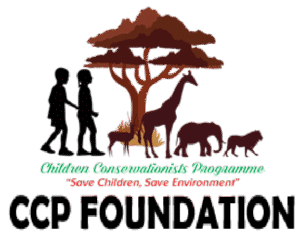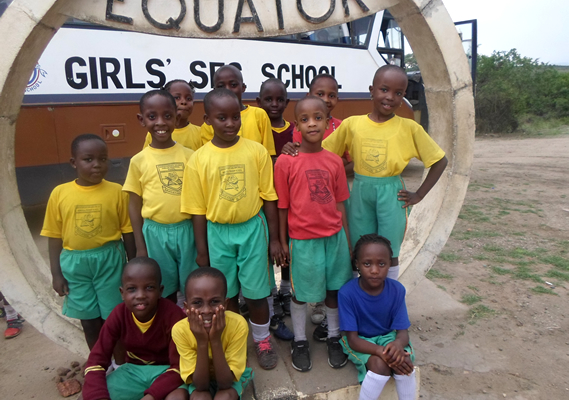Volunteer testimonies
Mentor a Child to protect the threatened National Parks and Wildlife Reserves for Next Generations
Carmen Fenner ccp Volunteer
My Volunteering Experience in Uganda (15–27 November 2021)
By Carmen Fenner – CCP Conservation Network Ambassador
As a passionate advocate for animals and nature, I’ve long been concerned about the threats wildlife faces—especially habitat loss and poaching. The COVID-19 pandemic worsened the situation, collapsing tourism and increasing illegal activities in protected areas due to widespread poverty.
When I learned about the anti-poaching campaign by Conservation through Community Partnership (CCP), I felt compelled to support it on the ground. After raising donations, I joined Vincent, a CCP coordinator, on a two-week mission to Uganda.
We visited three youth groups near Queen Elizabeth National Park (Elephant, Buffalo, and Lion groups), a primary school, and a women’s handcraft group near Semuliki National Park. These youth—many of whom are teenage mothers or school dropouts—strive to protect wildlife while creating sustainable livelihoods. With the donations, we purchased three deep-frying and popcorn machines in Kampala to support their food vending businesses.
In Fort Portal, we planted 130 trees (100 eucalyptus and 30 fruit trees) with children from Little Angels Primary School in Bundibugyo. We also provided food supplies to a women’s craft group involved in tailoring, beekeeping, goat keeping, and basket weaving—efforts that empower communities to protect nearby national parks.
Visiting Kibale and Semuliki National Parks, I spoke with park rangers who confirmed that poaching persists due to understaffing and limited resources. However, stricter penalties have helped reduce chimpanzee poaching.
In Kasese, we met former poachers now advocating for conservation. One ex-poacher from the Lion group quit after losing six colleagues and now works with youth to prevent others from making the same choices. His story highlighted how poverty—not cruelty—drives poaching, and how youth education is key to long-term change.
The Buffalo group, composed of teenage mothers, impressed me with their sandal-making business using recycled tires. However, their stories revealed the deeper issue—early pregnancies caused by rape, prostitution, and lack of sexual education. These girls face stigma and little support. I led an open discussion on family planning, which turned into an emotional but necessary conversation about their rights, safety, and choices.
We ended the mission with a stay at Queen Elizabeth Bush Lodge, enjoying Uganda’s breathtaking wildlife—hippos, elephants, buffalo, and birds. It reminded me why conservation is so urgent.
These two weeks were powerful, emotional, and eye-opening. The scale of the problem—poverty, overpopulation, lack of education—is vast. But I believe that educating youth on conservation and reproductive health, while supporting income-generating projects, is the way forward. Every small step we take matters.

